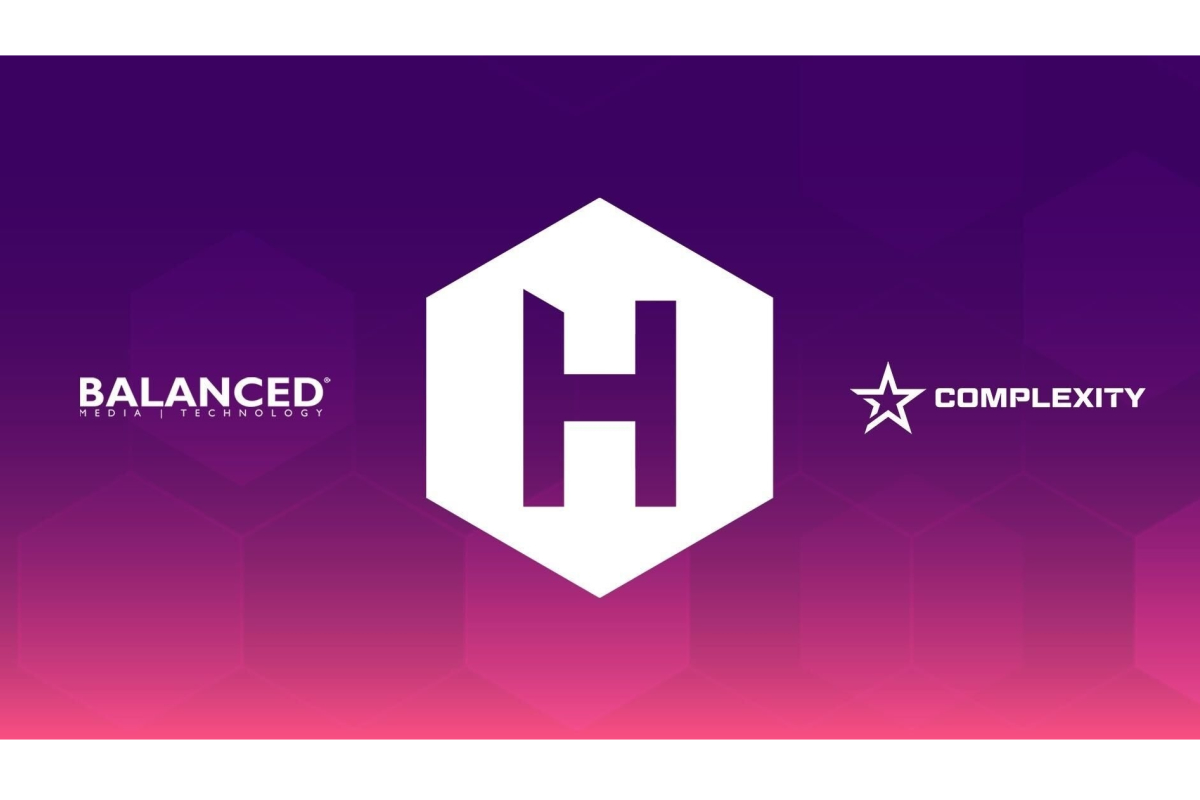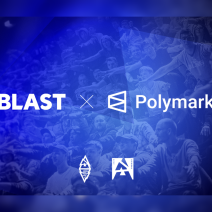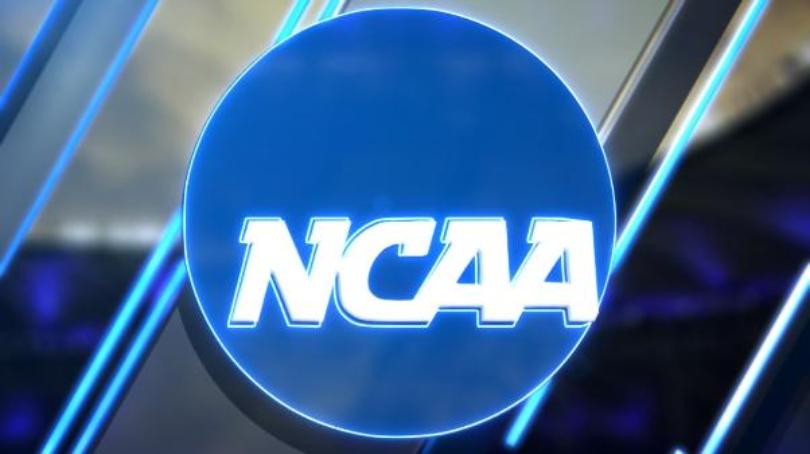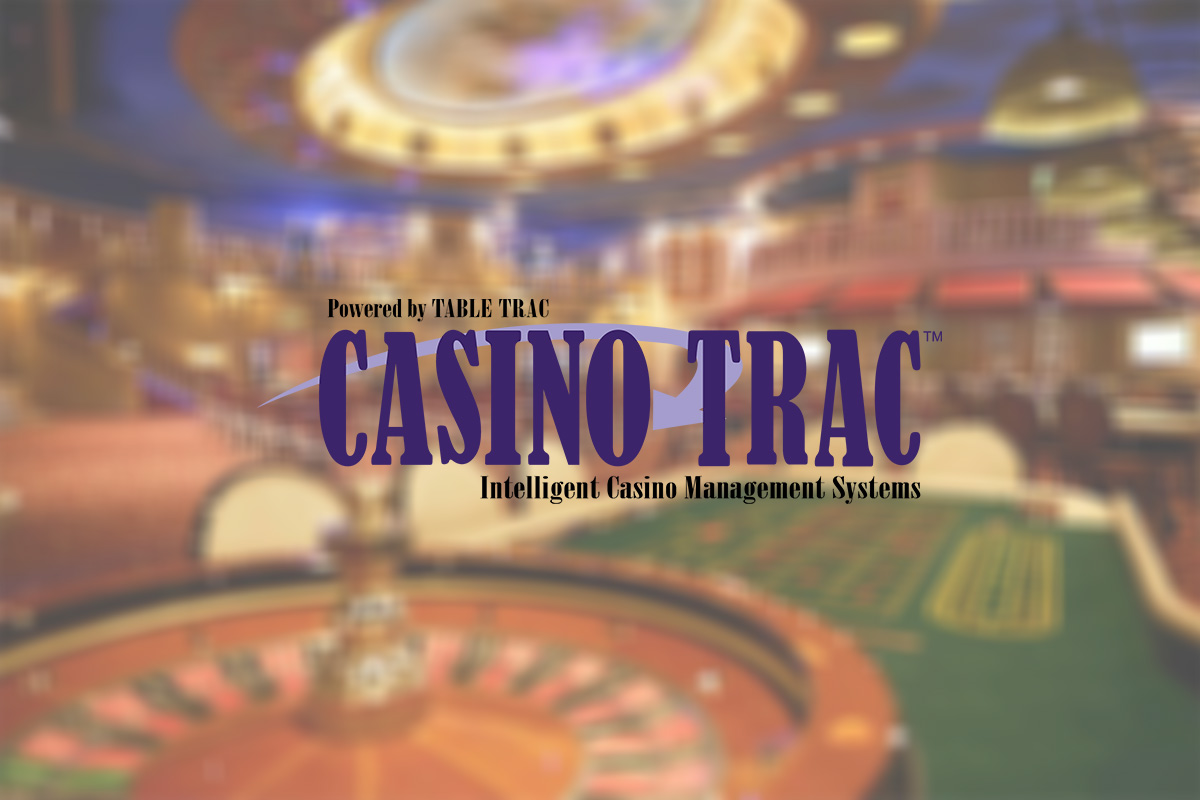
Citizen Science Effort Launched for Gaming Community to Donate Computer Processing Power to Find Treatments for COVID-19 Virus
BALANCED Media|Technology (BALANCED) and Complexity Gaming (Complexity), one of North America’s most elite and longest standing esports organizations, have partnered to announce #WeAreHEWMEN, a new citizen science/crowdsourcing effort to encourage the video game community to donate spare computer processing power to find treatments to fight the COVID-19 virus. BALANCED, a crowdsourced healthcare artificial intelligence company bringing purpose to play, has launched the HEWMEN® Cell application, a free secure download that creates a virtual network to process drug discovery data for COVID-19. Leading esports team and sponsor, Complexity, is urging the gaming community to support the effort by downloading the HEWMEN cell application.
BALANCED’s HEWMEN technology creates a distributed network that processes data-driven problems such as drug discovery and medical research. The HEWMEN Cell application, which uses small amounts of volunteer computers’ unused processing capacity, has integrated BOINC, an open-source software platform used for volunteer resources developed by the University of California, Berkeley. It allows for the virtualizing of servers and applications inside a voluntary grid network and has been widely used with no security issues on millions of PCs. The HEWMEN Cell app was used by BALANCED and computational biologist John Wise, Ph.D., of Southern Methodist University’s Drug Discovery Lab, for finding co-medications to enhance the effect of chemotherapy in the treatment of recurrent, resistant breast and prostate cancers.
BALANCED, with John Wise, will harness the power of gamers to have the HEWMEN Cell app process information from more than 200,000 FDA-approved existing medications/compounds against models of the protein and enzymatic functions of COVID-19 to see which candidates prove most effective at reducing the virus’ pathology. Using these compounds, between 1.5-3 million virtual experiments will be run, simulating attempts to dock compounds to specific locations on the virus. By identifying the compounds with the highest probability of success, the effort will dramatically reduce development cycle time and get new treatments to market faster.
“If there’s one universal truth about gamers, it’s that they’re always looking for their next challenge,” said Robert M. Atkins, BALANCED CEO. “COVID-19 is the biggest threat to humanity and there’s no community in the world more engaged online than gamers. This makes them the perfect group to empower to help put an end to the COVID-19 pandemic. When they hear the call to help, they will answer. It’s the moment they’ve been training for since they booted up their first video game.”
The HEWMEN Cell app can also combine human intelligence with the system’s machine learning by injecting scientific datasets into videogames. As players interact with the games, they add human intuition and insight into the process as they act upon scientific datasets to solve complex problems or help a computer vision algorithm learn to “read” a certain type of image.
In an industry first, BALANCED recently put a medical research project on Twitch Interactive in partnership with Complexity for World of Warcraft‘s “Race to World First.” The livestream event invited viewers to become participants by playing BALANCED’s The Omega Cluster within Twitch streams while watching Complexity-Limit, the top World of Warcraft guild in the United States, become the first North American guild to win the “Race to World First.” During the 10-day tournament, participants logged over 900 hours – or 23 40-hour work weeks – playing The Omega Cluster, virtually processing medical compounds for cancer medicines through their gameplay.
“As with ‘Race to World First,’ we’re proud to partner with BALANCED to showcase the power of gaming and esports within our greater global community,” said Jason Lake, Founder and CEO, Complexity Gaming. “We’re grateful to continue working with BALANCED not only to create an engaging new experience but also to be a part of something meaningful as we strive to find a solution to this global pandemic.”
Other BALANCED efforts include the use of its technologies in an award-winning project by Chief Technical Officer Corey Clark, Ph.D., for the Barbara Bush Foundation’s Adult Literacy XPRIZE (2019) and the creation of an Eye in the Sky: Defender game for the Retina Foundation of the Southwest to improve the automation of interpreting Optical Coherence Tomography (OCT) scans used in the diagnosis and treatment of Age-Related Macular Degeneration.
About BALANCED Media Technology
BALANCED Media|Technology is a crowdsourced healthcare artificial intelligence company bringing purpose to play. BALANCED is focused on changing the way researchers, pharmaceutical and medical device companies leverage machine learning (ML) to advance the diagnosis and treatment of diseases. By crowdsourcing artificial intelligence through online communities and gaming via its HEWMEN platform, BALANCED hopes to aid researchers in investigating new treatments by creating AI-enabled technologies that reduce research time and cost and increase research effectiveness. BALANCED, a 2019 Tech Titan winner that has been recognized as an industry innovator by multiple groups including the Dallas Business Journal and Dallas Innovates, is also creating the 8 CELL video game that aids in medical/health education and research. The McKinney, Texas based company is headed by founders in data science, computing, video game development and the medical/healthcare industries.
About Complexity Gaming
Complexity Gaming is one of North America’s longest standing and most successful esports organizations, now owned by Jerry Jones of the Dallas Cowboys and investor John Goff. The esports organization is led by Founder and CEO Jason Lake, considered by many to be one of the founding fathers of esports in North America. Complexity Gaming has won more than 140 championships in nearly 30 game titles over it’s more than 15-year history. Staunchly committed to passion, professionalism, and a player-first mentality, Complexity Gaming has been continuously recognized as a global leader in modern esports.
SOURCE BALANCED Media | Technology










